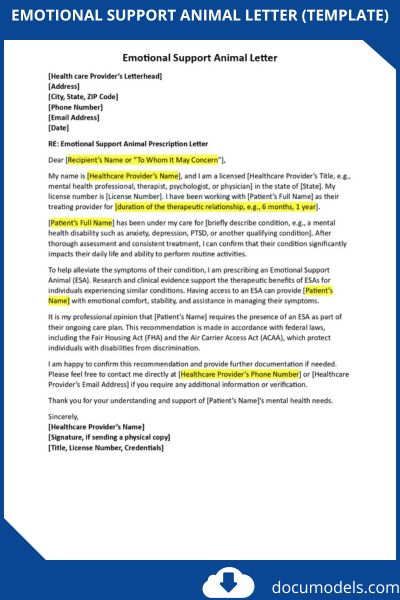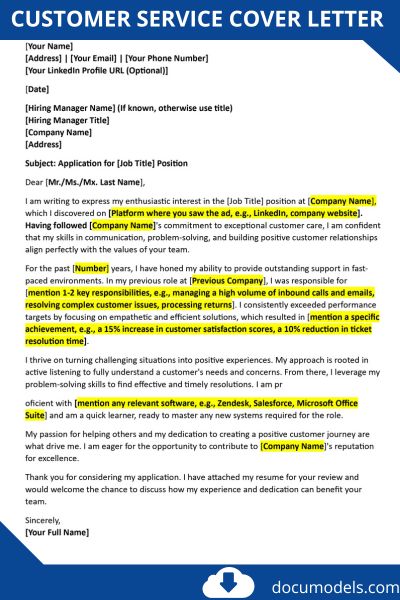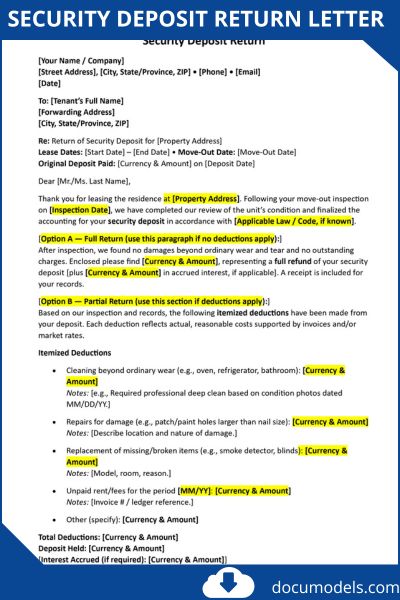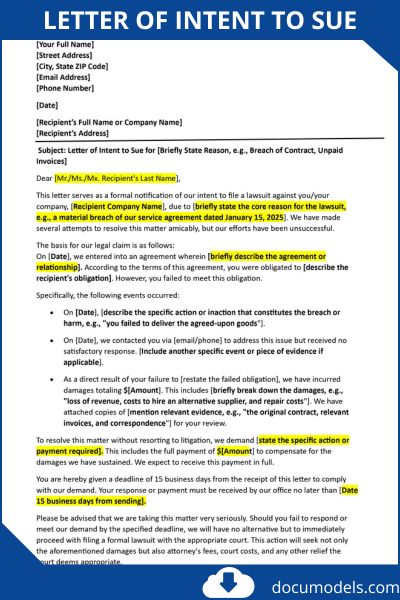Having an Emotional Support Animal (ESA) can be life-changing, but did you know that an ESA Letter can make a world of difference too? An Emotional Support Animal Letter is a document issued by a licensed mental health professional that certifies your need for an ESA.
This letter gives you essential protections, such as allowing your furry (or feathery!) companion to live with you in pet-restricted housing and to travel with you in certain situations.
Why is it so important? For many, an ESA Letter is not just a piece of paper; it’s a gateway to a more inclusive and supportive lifestyle. It empowers people struggling with mental health challenges like anxiety, PTSD, or depression to have their companion by their side without hassle or restrictions.
This guide provides a comprehensive Emotional Support Animal letter template, key components, legal requirements, and practical tips to help you navigate the process effectively. Whether you’re a first-time ESA owner or renewing your letter, this article will equip you with the knowledge to secure a legitimate ESA letter optimized for your needs.

This letter verifies that a person has a mental or emotional disability and that their animal provides essential support to help manage symptoms related to this condition.
Emotional support animal letter (Word)Table of Contents
- 1 What Is an Emotional Support Animal Letter?
- 2 Who Qualifies for an Emotional Support Animal Letter?
- 3 Who Can Issue an ESA Letter?
- 4 Emotional Support Animal Letter vs. Service Animal Documentation
- 5 Key Components of an Emotional Support Animal Letter Template
- 6 Sample ESA Letter Template
- 7 Benefits of Emotional Support Animals
- 8 Frequently Asked Questions
What Is an Emotional Support Animal Letter?
An Emotional Support Animal letter is a formal document written by a licensed mental health professional, such as a psychologist, psychiatrist, or therapist.
It verifies that an individual has a diagnosed mental or emotional health condition and that an ESA provides therapeutic support to alleviate symptoms. Unlike service animals, ESAs do not require specialized training but must be prescribed to assist with conditions like anxiety, depression, PTSD, or phobias.
Key Purposes of an ESA Letter
- Housing Accommodations: Under the FHA, landlords must allow ESAs in pet-restricted housing without charging pet fees.
- Air Travel: The ACAA permits ESAs to travel in the cabin of an airplane with their owners, though regulations vary by airline.
- Legal Protection: A valid ESA letter ensures compliance with federal laws, protecting the owner’s rights.
Who Qualifies for an Emotional Support Animal Letter?
To qualify for an ESA letter, an individual must have a diagnosed mental or emotional health condition that significantly impacts daily life. A licensed professional must evaluate the individual to confirm the need for an ESA.
Qualifying Conditions
- Anxiety disorders
- Depression
- Post-Traumatic Stress Disorder (PTSD)
- Bipolar disorder
- Phobias or panic disorders
- Other DSM-5 recognized mental health conditions
Who Can Issue an ESA Letter?
Only licensed mental health professionals can issue an ESA letter. These include:
- Licensed psychologists
- Psychiatrists
- Licensed clinical social workers (LCSW)
- Licensed professional counselors (LPC)
- Therapists with relevant credentials
Note: Be cautious of online services offering instant ESA letters without proper evaluation, as these may not be legally valid.
Emotional Support Animal Letter vs. Service Animal Documentation
It’s essential to distinguish between an ESA letter and service animal documentation, as these terms often cause confusion. Both serve different purposes and follow separate regulations.
| Aspect | ESA Letter | Service Animal Documentation |
| Animal Type | Any domesticated animal | Typically dogs, sometimes miniature horses |
| Purpose | Emotional support for mental health | Assistance for individuals with physical disabilities |
| Legal Protections | Housing and limited travel protections (FHA, ACAA) | Wider access to public spaces under ADA |
| Certified Training | Not required | Mandatory specific training |
| Documentation | Letter from an LMHP | Often provided by training organizations |
Key Components of an Emotional Support Animal Letter Template
An ESA letter must include specific elements to be considered valid, especially for housing or travel purposes. Below is a detailed breakdown of the essential components, followed by a sample template.
Essential Elements of an ESA Letter
- Professional Letterhead:
- Includes the LMHP’s name, title, license number, contact information, and practice address.
- Establishes the letter’s authenticity and the professional’s credentials.
- Date of Issuance:
- The letter should be dated and typically remains valid for one year, as housing providers may require a current letter.
- Patient’s Name:
- Confirms the letter is issued to the individual requesting accommodations.
- Diagnosis and Need for an ESA:
- States the individual has a mental or emotional health condition (specific diagnosis optional, depending on privacy laws).
- Explains how the ESA helps alleviate symptoms.
- Animal Description (Optional):
- May include the type of animal (e.g., dog, cat) but does not need to specify breed or name to protect privacy.
- LMHP’s Signature:
- A handwritten or electronic signature verifies the letter’s authenticity.
- Statement of Professional Relationship:
- Confirms the LMHP is treating the individual and has evaluated their need for an ESA.
Sample ESA Letter Template
Below is an example of a properly formatted ESA letter:
[Healthcare Provider’s Letterhead]
[Address]
[City, State, ZIP Code]
[Phone Number]
[Email Address]
[Date]
RE: Emotional Support Animal Prescription Letter
Dear [Recipient’s Name or “To Whom It May Concern”],
My name is [Healthcare Provider’s Name], and I am a licensed [Healthcare Provider’s Title, e.g., mental health professional, therapist, psychologist, or physician] in the state of [State]. My license number is [License Number]. I have been working with [Patient’s Full Name] as their treating provider for [duration of the therapeutic relationship, e.g., 6 months, 1 year].
[Patient’s Full Name] has been under my care for [briefly describe condition, e.g., a mental health disability such as anxiety, depression, PTSD, or another qualifying condition]. After thorough assessment and consistent treatment, I can confirm that their condition significantly impacts their daily life and ability to perform routine activities.
To help alleviate the symptoms of their condition, I am prescribing an Emotional Support Animal (ESA). Research and clinical evidence support the therapeutic benefits of ESAs for individuals experiencing similar conditions. Having access to an ESA can provide [Patient’s Name] with emotional comfort, stability, and assistance in managing their symptoms.
It is my professional opinion that [Patient’s Name] requires the presence of an ESA as part of their ongoing care plan. This recommendation is made in accordance with federal laws, including the Fair Housing Act (FHA) and the Air Carrier Access Act (ACAA), which protect individuals with disabilities from discrimination.
I am happy to confirm this recommendation and provide further documentation if needed. Please feel free to contact me directly at [Healthcare Provider’s Phone Number] or [Healthcare Provider’s Email Address] if you require any additional information or verification.
Thank you for your understanding and support of [Patient’s Name]’s mental health needs.
Sincerely,
[Healthcare Provider’s Name]
[Signature, if sending a physical copy]
[Title, License Number, Credentials]
Free emotional support animal letter
[Mental Health Professional’s Letterhead]
[Professional’s Name, Title, and License Number]
[Practice Name and Address]
[Date]
To Whom It May Concern,
I am writing this letter in my capacity as a licensed mental health professional to confirm that [Client’s Full Name], born [Client’s Date of Birth], has been under my care since [Date of First Visit]. Based on my professional assessment, I have determined that [Client’s Full Name] has a medical condition which qualifies for the assistance of an Emotional Support Animal (ESA).
[Client’s Full Name] has been diagnosed with [Condition/Diagnosis, e.g., anxiety, depression, PTSD, etc.], which significantly impairs their ability to function in daily activities. As part of their treatment plan, an Emotional Support Animal is recommended to provide comfort and alleviate the symptoms associated with their condition. The presence of the ESA has been shown to help reduce symptoms such as [symptoms the animal helps with, e.g., stress, anxiety, or depression].
It is my professional opinion that the presence of an Emotional Support Animal is necessary for [Client’s Full Name]’s emotional well-being and mental health. Therefore, it is important for [Client’s Full Name] to be allowed to live with their ESA, as it is an essential part of their treatment.
If you require further information or have any questions, please feel free to contact me at [Phone Number] or [Email Address].
Sincerely,
[Signature]
[Therapist’s Name]
[License Number]
[State of Licensure]
Benefits of Emotional Support Animals
Having an ESA can profoundly impact your emotional well-being, mental health, and even physical health.
Here are some of the key benefits:
Emotional Benefits
- Reduced Anxiety and Stress
Petting or spending time with an ESA can lower cortisol (stress hormone) levels and help you feel calmer. - Improved Emotional Stability
ESAs provide companionship that helps individuals manage feelings of loneliness, sadness, or emotional instability during tough times.
Mental Health Benefits
- Support for Mental Health Disorders
ESAs are especially helpful for those dealing with depression, PTSD, anxiety disorders, or other mental health conditions. Their presence can create a routine and act as a grounding factor. - Higher Serotonin Levels
Interacting with animals can release serotonin and dopamine, chemicals linked to happiness and relaxation.
Physical Benefits
- Encourages Physical Activity
Walking a dog or playing with your ESA encourages physical movement, which can improve overall health. - Regulates Blood Pressure
Studies show that spending time with animals can help lower blood pressure and improve heart health.
Frequently Asked Questions
Most ESA letters are valid for one year from the date of issuance. Housing providers may request a new letter if the original is outdated.
Yes, any domesticated animal can qualify as an ESA, provided it is well-behaved and does not pose a safety risk. Common ESAs include dogs, cats, rabbits, and birds.
ESA letters are primarily recognized in the U.S. under federal laws like the FHA. Other countries may have different regulations, so research local laws before traveling or relocating.
Yes, any animal can qualify as long as it provides emotional support and the need is documented by a licensed professional.
No, they provide rights under specific laws, but landlords or airlines may request additional documentation.
Format model to edit
Related Articles:






